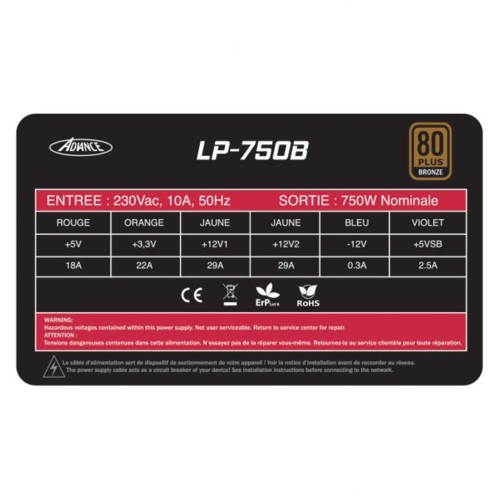Hello, I've had this problem for a year now and I've never found a solution, I've changed my disk, my SATA cable, the cable between the power supply and the hard disk, changed my drivers, all that to finally find that my hard disk keeps disconnecting and reconnecting, obviously this poses a problem because all the software installed on it doesn't support disconnection and is therefore almost all corrupt. (And by the way, these disconnections happen by periods, often when I exploit the potential of the disk, i.e. install something or launch something on it).
Yesterday I thought that the problem could come from the power supply which didn't provide enough energy and that my disk didn't have the priority on it, so I made a calculation with the help of a site on internet to tell me that the energy necessary for the good functioning of my PC is 490W, my power supply being 650W, the problem doesn't come from this one directly, or then (according to me) from a technical failure in this one, but it's still strange that I'm still able to use the rest of my PC without any problem
The only solution I found so far was to buy an SSD to install my most important files, but obviously I can't afford a 5 Terras SSD and I now need a secondary hard drive.
Can you help me please?
Yesterday I thought that the problem could come from the power supply which didn't provide enough energy and that my disk didn't have the priority on it, so I made a calculation with the help of a site on internet to tell me that the energy necessary for the good functioning of my PC is 490W, my power supply being 650W, the problem doesn't come from this one directly, or then (according to me) from a technical failure in this one, but it's still strange that I'm still able to use the rest of my PC without any problem
The only solution I found so far was to buy an SSD to install my most important files, but obviously I can't afford a 5 Terras SSD and I now need a secondary hard drive.
Can you help me please?



